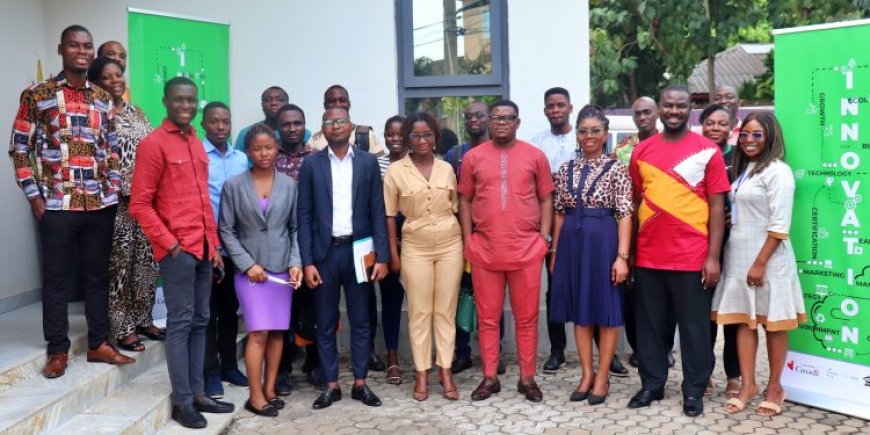Background
The changing nature of Ghana's climate and its effects on livelihoods, health, food security and
economic development has been well documented. Effects of these impacts on local communities and their livelihoods include lower crop yields and crop productivity leading to lower income, destruction of forests and natural resources, reduction in fish stocks, water scarcity among other effects. Locally-led climate adaptation initiatives and practices are increasingly being recognized as strategies to effectively and sustainably address these challenges.
This stakeholder engagement meeting was organized by the Africa Policy Research Institute (APRI) in collaboration with the Ghana Climate Innovation Centre (GCIC) in the context of the ‘Climate Change Adaptation in Ghana: Strategies, Initiatives, and Practices Project', which aims to understand the status, challenges and opportunities of climate change adaptation in Ghana with a particular emphasis on locally-led adaptation.
The event attracted a diverse audience, including senior representatives from a range of institutions and organizations such as the NDPC, MESTI, EPA, MoF, NADMO, MoH, Department of Gender, KASA Initiative, Climate Action Network of Ghana, Arocha Ghana, Greener Impact, Abibiman Foundation and Strategic Youth Network for Development as well as from civil society organizations (CSOs), non-governmental organizations (NGOs), academia and the private sector.


